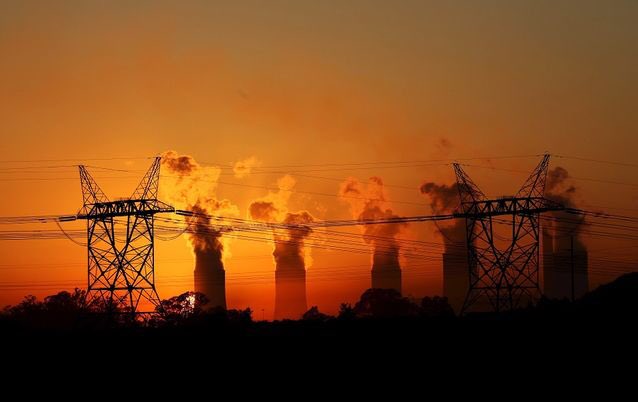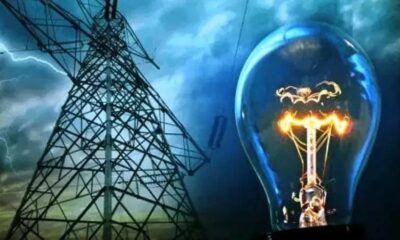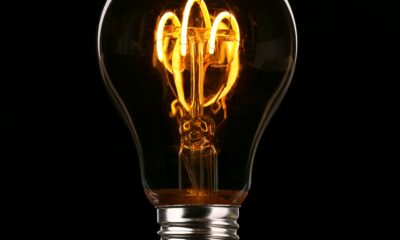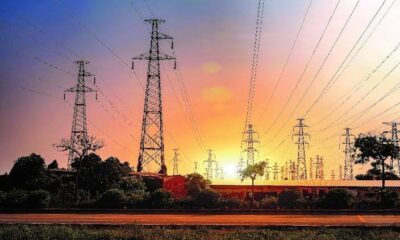News
Eskom’s Court Battle Risks Derailing South Africa’s Energy Future, Business Leaders Warn

Business leaders say the power utility’s actions protect the past instead of powering the future.
South Africa’s already fragile energy reform efforts have hit another storm. Two of the country’s biggest business advocacy groups, Business Leadership South Africa (BLSA) and Business Unity South Africa (BUSA) have accused Eskom of actively standing in the way of solutions to the power crisis by challenging the National Energy Regulator’s approval of five new electricity trading licences.
The move, they warn, could delay urgently needed investment, stall critical projects, and keep load shedding entrenched for years to come.
The fight over who gets to sell power
Last month, Eskom filed court papers to review and overturn Nersa’s decision to grant licences to Green Electron Market, CBI Electric Apollo, GreenCo Power Services, Discovery Green, and NOA Group Trading. Eskom argues these traders could disrupt its pricing model, poach customers, and undermine subsidies for vulnerable communities.
But for BLSA and BUSA, this is less about market structure and more about Eskom trying to hold onto its historic monopoly, even as South Africa’s official policy encourages unbundling, private investment, and competition in the electricity market.
BLSA CEO Busi Mavuso didn’t mince her words:
“Eskom cannot be both the primary cause of our energy crisis and the gatekeeper of its solution.”
What’s at stake for South Africa
Business leaders say the numbers tell a different story from Eskom’s fears. The Electricity Regulation Act has already sparked more than R30 billion in renewable energy investments, with nearly 10,000 new jobs expected in generation and storage alone.
Opening the market further could unlock another R132 billion in private capital by 2030, alongside an additional 6GW of solar and 3.5GW of wind capacity. That’s the kind of expansion many believe is crucial for ending load shedding and securing cheaper, cleaner power.
The business groups argue that Eskom’s role should shift from being a gatekeeper to becoming an enabler — modernising the grid, accommodating more players, and diversifying supply.
Public sentiment: frustration with the status quo
On social media, reactions have been swift and heated. Some South Africans accuse Eskom of “protecting its turf at the cost of the people,” while others say the utility is “afraid of competition that might expose how inefficient it’s been.”
There’s also growing impatience from the business community, particularly small and medium enterprises, who say they cannot survive another decade of unreliable power.
A call for intervention
BLSA and BUSA are urging the Minister of Electricity and Energy to step in, engage Eskom’s leadership, and halt all litigation against Nersa. They also want a public commitment from Eskom to work with, not against new market entrants, and for government to issue directives ending what they describe as “anti-competitive and discriminatory behaviour.”
For them, the choice is simple: embrace a future where multiple energy producers keep the grid resilient, or cling to a monopoly that has already left South Africa in the dark.
As Mavuso put it, “The era of a single, state-run monopoly controlling our country’s economic destiny is over. To power our future, we must encourage investment and innovation, not protect the past.”
{Source: The Citizen}
Follow Joburg ETC on Facebook, Twitter , TikTok and Instagram
For more News in Johannesburg, visit joburgetc.com


























